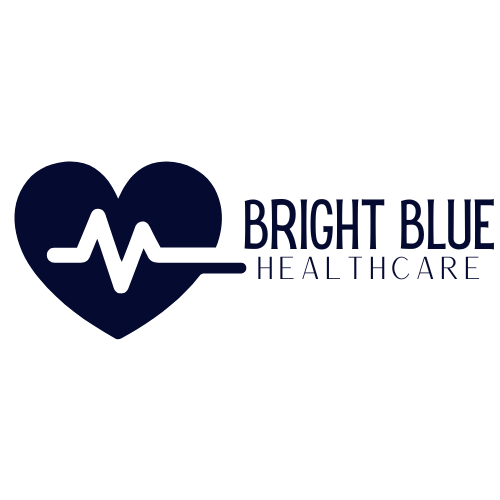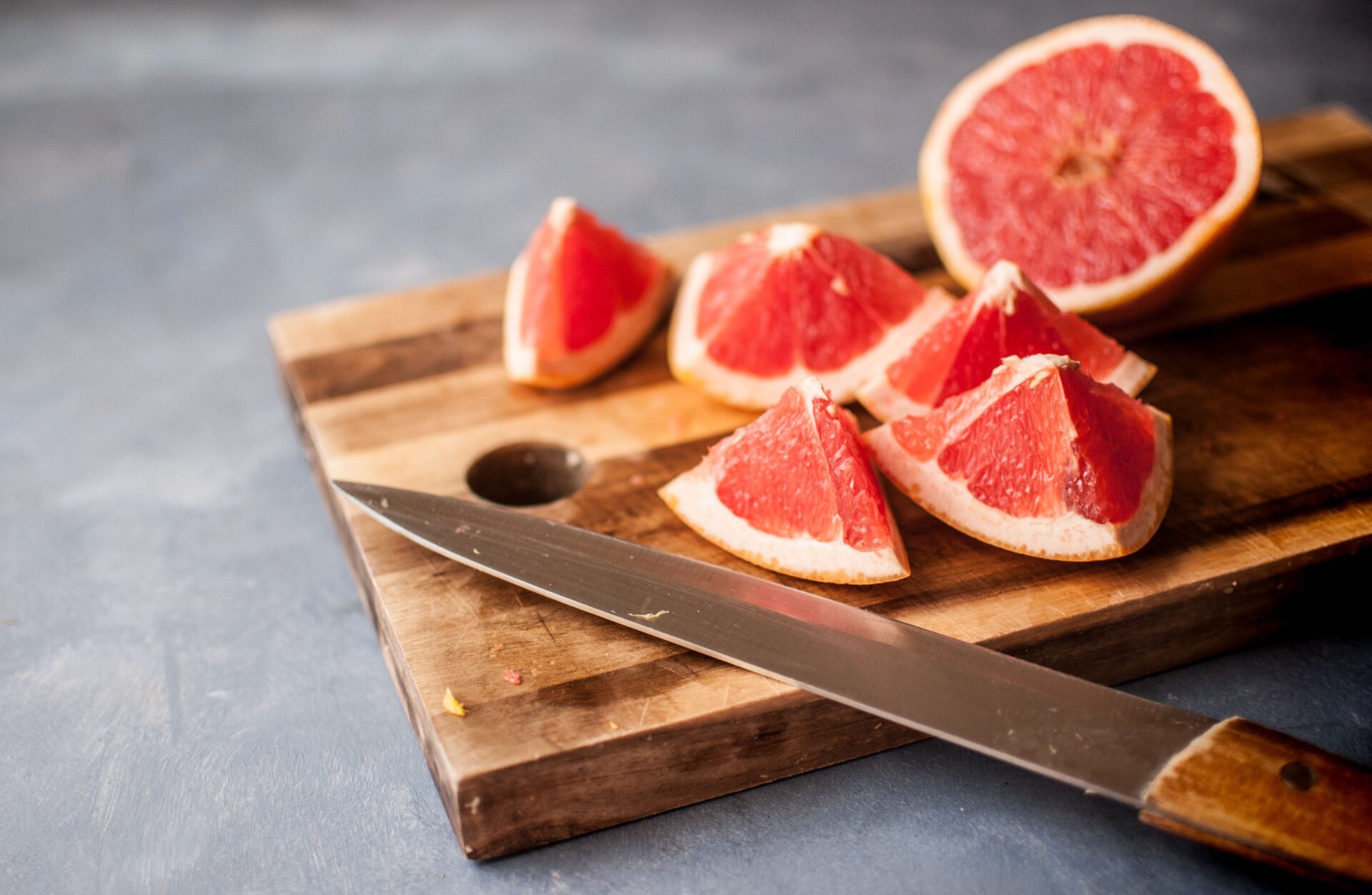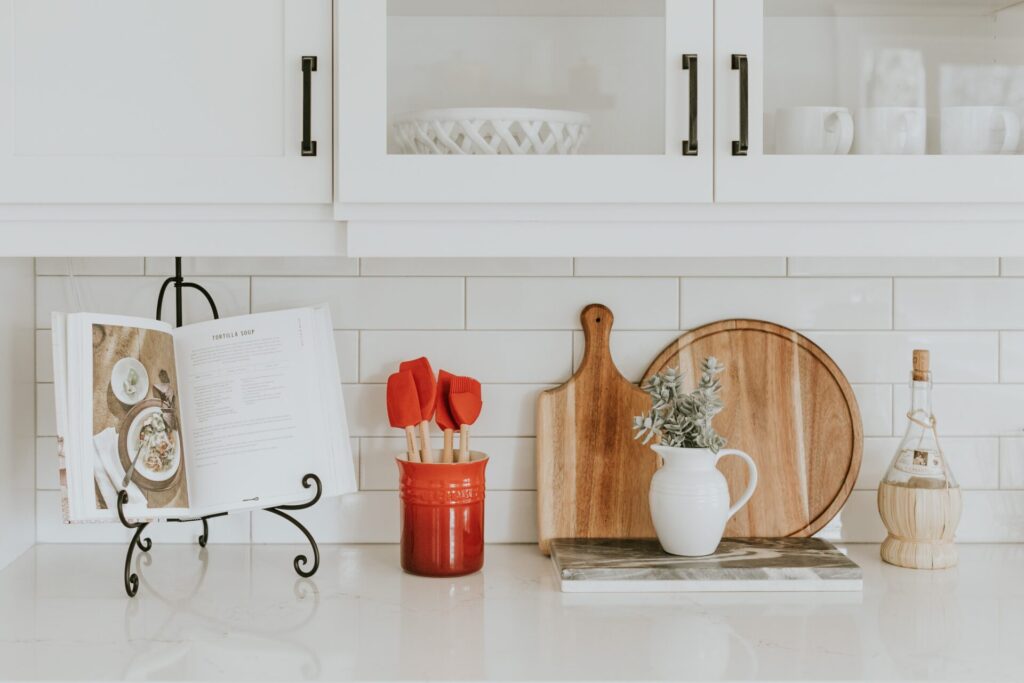A renal diet is a special eating plan that will help keep your kidneys healthy and prevent kidney disease. Your kidneys are two bean-shaped organs that filter waste products from your blood. They also maintain the balance of minerals, such as potassium and sodium, in your body.
What is a renal diet?
A renal diet is a diet that is designed to help people with kidney disease. As you may have guessed, it’s also known as a renal diet and can be abbreviated as RENALDIET.
The purpose of this diet is to ensure that your kidneys are functioning properly, which will ultimately improve your health and make it easier for you to manage other health conditions, such as high blood pressure or diabetes.
How does the diet work?
Kidneys are the filtering units of the body. They work day and night to remove excess waste products from your blood and make sure they can be safely excreted in urine. If your kidneys are damaged by disease or injury, they may not be able to process the amount of toxins that are flowing through your body. This can cause a buildup of harmful materials such as nitrogenous wastes (urea), uric acid, potassium salts, creatinine and urea nitrogen in your blood stream. When too much fluid is filtered out with these materials remaining in it, edema (swelling) occurs which may result in hypertension if severe enough due to increased pressure on the heart’s walls leading to heart failure if severe enough (see below).
The goal of this diet is not only to reduce swelling but also help prevent future problems by improving kidney function so as not waste any more vital nutrients than what was originally intended. It will also help reduce some common side effects such as fatigue while following through with treatment plans such as dialysis or kidney transplantation which require strict dietary restrictions until back under control again regardless if done at home or away from home.”
What foods are restricted on a renal diet?
The following foods are restricted on a renal diet:
- Red meat, processed meat and organ meats. These foods are high in phosphorus content.
- Salt, potassium, sodium and protein. These may increase your blood pressure or harm your kidneys if you have chronic kidney disease.
- Sugar (sucrose). Reduce intake of refined sugars to lower your blood glucose level and improve insulin sensitivity. This will help lower the risk for diabetes complications such as cardiovascular disease, heart attacks and strokes.
High-potassium foods to avoid
If you have kidney disease, it’s important to know the high-potassium foods that you should avoid. Potassium is an electrolyte that can build up in your blood and cause damage to your kidneys.
To keep potassium levels under control, limit foods with more than 200mg of potassium per serving. These include:
- Avocados: one whole fruit has about 700mg of potassium
- Tomatoes: one medium tomato has 536mg of potassium
- Potatoes (baked or boiled): one medium potato has 610mg of potassium
High-potassium fruits and vegetables
Potassium is an electrolyte. It helps balance the amount of water in your body and regulates your heart function, muscles and nerves.
Potassium is found in many foods, but some foods are higher in potassium than others. For example:
- Bananas are high in potassium and can be added to smoothies or eaten by themselves as an afternoon snack. They also make a great base for low-sodium ice cream!
- Avocados are not only full of antioxidants but also have a lot of potassium (about 100 milligrams per cup). Try swapping out mayo for avocado spread on a sandwich or enjoy it with eggs for breakfast!
Low-potassium fruits and vegetables
- Fruits and vegetables
Many fruits and vegetables are low in potassium, including cherries, raspberries, grapefruit, cranberries, cantaloupe and honeydew melons. You can prepare these foods by steaming or eating them raw with a small amount of dressing.
What are the benefits of a renal diet?
So, what are the benefits of a renal diet?
The main benefit is that it can help prevent kidney stones. It may also keep your kidneys healthy and prevent high blood pressure. Other benefits include preventing heart disease, diabetes, cancer and other diseases.
A renal diet will help keep your kidneys healthy.
It’s important to understand that the kidneys are two bean-shaped organs that sit on either side of your spine, just below your rib cage. They filter your blood 24 hours a day and remove excess fluid, salt and other wastes from your body. The kidneys also help maintain a healthy balance of fluids and electrolytes in blood. These are some of the ways a renal diet can help:
- It will reduce swelling caused by excess sodium in your diet. When this happens, less water is needed to dilute sodium levels in order for toxins to be excreted from cells through urine; therefore reducing swelling overall.* It promotes good digestion by regulating proper bowel movements.* It reduces protein loss (which leads to excessive thirst). The recommended protein intake for vegetarians is about 10% higher than nonvegetarians because they consume less protein due to their chosen diet; however it is still important not exceed 30% based on caloric intake per day.* It improves kidney function by limiting saturated fats found in meats such as beef and pork products which can clog arteries leading directly into our kidneys causing them stress while trying harder than normal during processing functions such as filtering out waste materials like uric acid crystals from our system which can lead potentially cause blockages inside our own bodies as well as outside due increased pressure building up inside us when trying so hard but unable yet able enough because we’re not following guidelines such as eating properly balanced meals full around noon time every day rather than dinner only at night after work hours end plus snacks between meals won’t hurt either
Conclusion
As you can see, a renal diet is one of the best things you can do to keep your kidneys healthy. It’s also easy to follow and doesn’t take much time or effort. Remember that it should be tailored to your specific needs, so talk with your doctor before starting any new diet plan.



